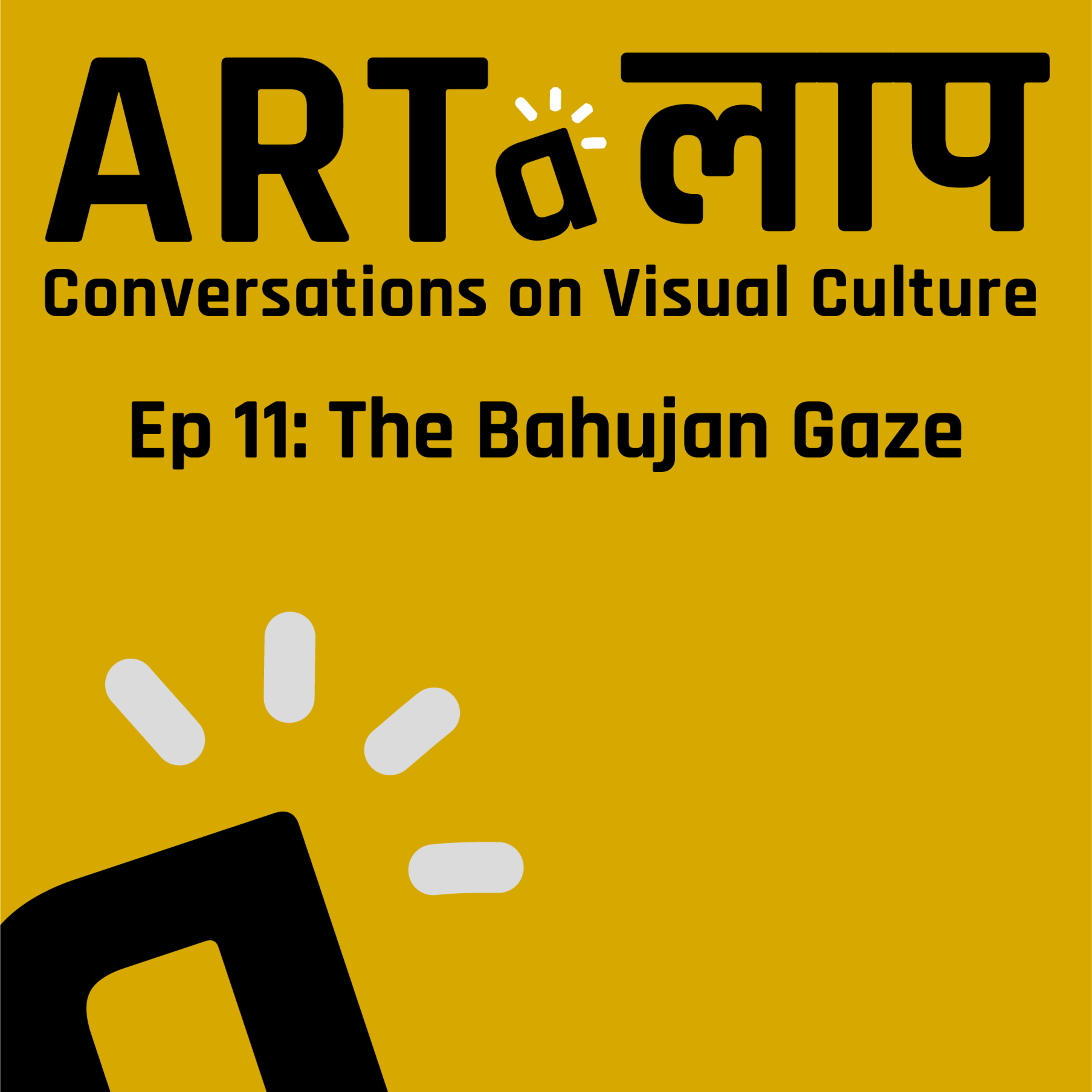Ep 11: The Bahujan Gaze
- Author
- Artalaap
- Published
- Wed 21 Jul 2021
- Episode Link
- https://podcasters.spotify.com/pod/show/artalaap/episodes/Ep-11-The-Bahujan-Gaze-e14ptdu
In this episode I, Kamayani Sharma, am in conversation with Jyoti Nisha, filmmaker, writer and scholar. She is the director of 'BR Ambedkar: Now And Then', a widely anticipated, partially-crowdfunded documentary that is now readying for release. In her essay, ‘Indian Cinema and the Bahujan Spectatorship’ [Economic & Political Weekly, May 2020], she theorised about the politics of the gaze from her perspective as a Dalit woman viewer and media researcher. Jyoti was Director’s Assistant on Neeraj Ghaywan's Geeli Pucchi [Dharma Productions, 2021], a short that was part of the Netflix anthology, Ajeeb Dastaans. We discuss growing up as a young woman in UP of the 1990s and 2000s, how Jyoti came to filmmaking via journalism, screenwriting and academia, working on - of all things! - a Dharma movie and her journey, artistic and logistical, towards the completion of her upcoming documentary 'BR Ambedkar: Now and Then'. By way of Jyoti’s own essay, African-American film history and the polemical theories of the documentarian Trinh T. Minh-ha, we unpack the idea of the oppositional bahujan gaze unto Indian cinema and the complicated question of how realism in Indian cinema is part of a Brahmanical aesthetic scheme.
Click here to access the Image+ Guide & view the material being discussed in the podcast: https://sites.google.com/view/artalaap-podcast-resources/episode-11.
Credits:
Producer: Tunak Teas
Design & artwork: Mohini Mukherjee
Marketing: Dipalie Mehta
Images: Jyoti Nisha
Additional support: Kanishka Sharma, Amy Goldstone-Sharma, Raghav Sagar, Shalmoli Halder, Arunima Nair, Jayant Parashar
Audio courtesy: Vernouillet by Blue Dot Sessions [CC BY-NC 4.0]
References: Jyoti Nisha, 'Indian Cinema and the Bahujan Spectatorship’, Economic and Political Weekly, Vol. 55, Issue No. 20, 16 May, 2020
bell hooks, 'The Oppositional Gaze: Black Female Representation', Black Looks: Race and Representation, Boston: South End Press, 1992.
Trinh T. Minh-ha, 'The Totalizing Quest of Meaning', When The Moon Waxes Red: Representation, Gender and Politics, Routledge: London, New York, 1991.
Yashica Dutt, Coming Out As Dalit, Aleph Book Company, 2019.
